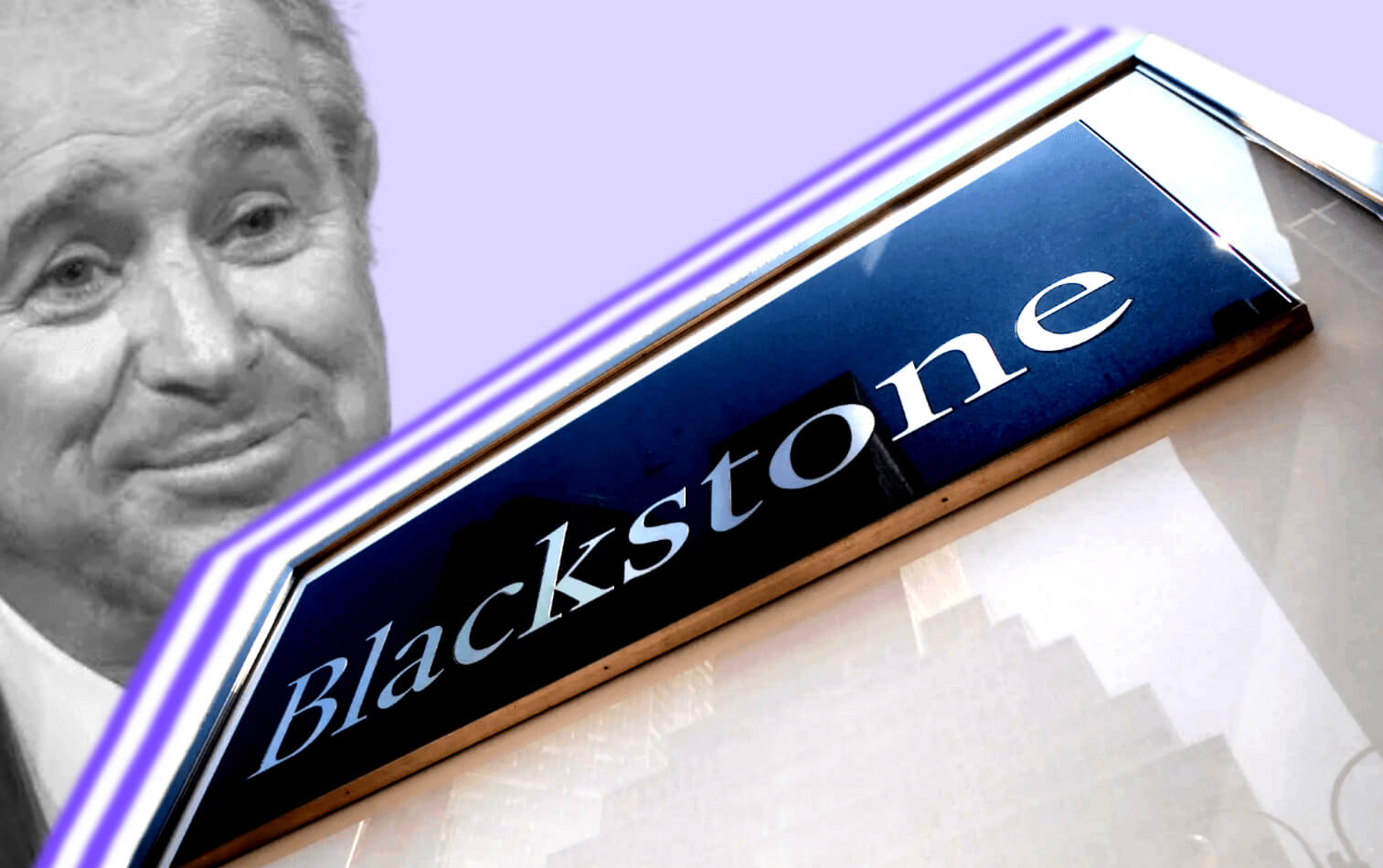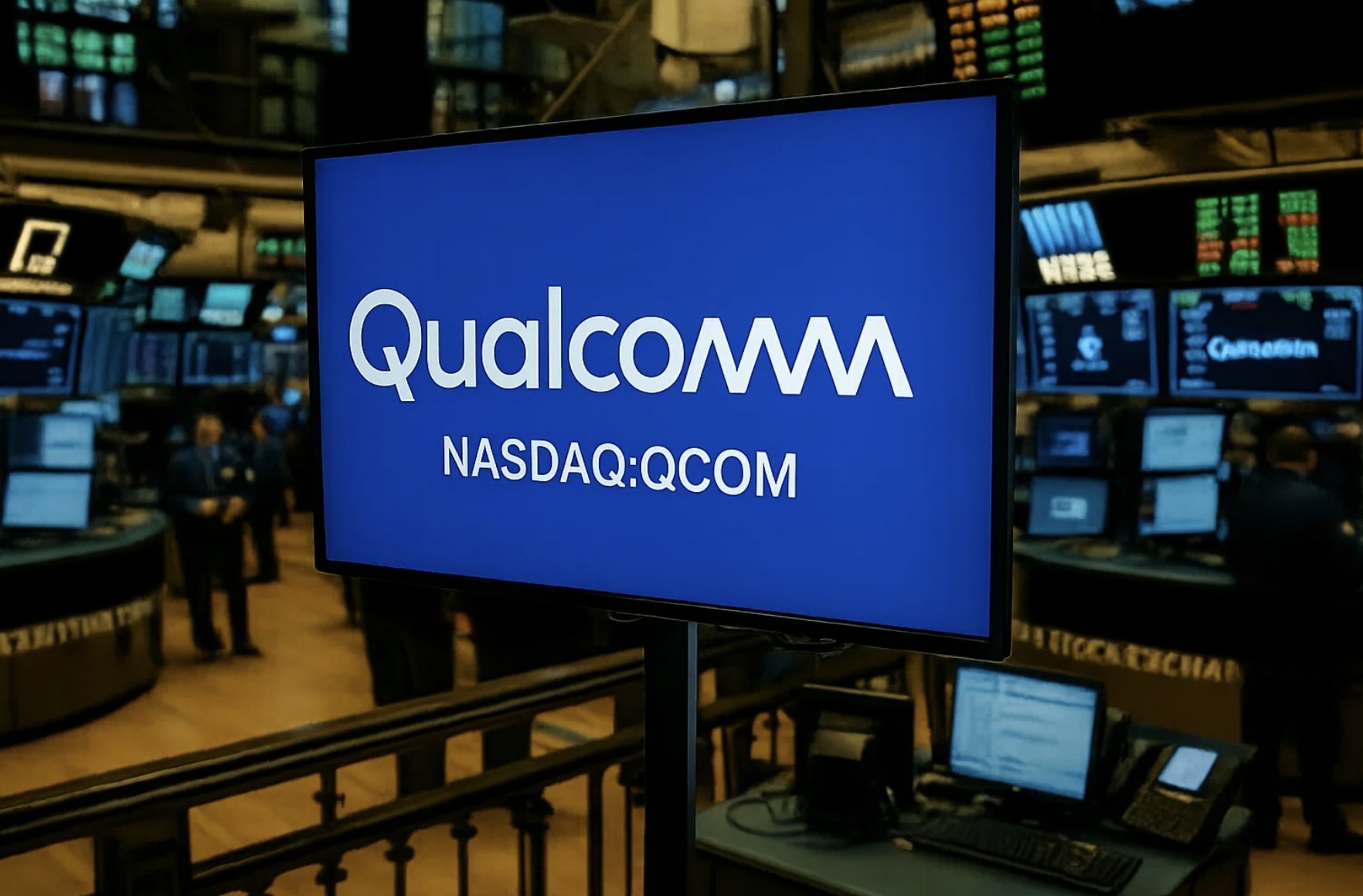
NYSE:BX Stock Drops 19% – Should You Buy the Dip or Is More Pain Coming?
Blackstone’s (BX) Price Is Down, But Is It a Buying Opportunity? | That's TradingNEWS
NYSE:BX Stock Plunges 19% – Is This a Buy or a Value Trap?
Blackstone (NYSE:BX) Takes a Hit – Is It Oversold or Fairly Priced?
Blackstone Inc. (NYSE:BX) has seen a significant 19.7% decline in its stock price, a sharp contrast to the S&P 500's 2.4% gain in the same period. The selloff has been driven by concerns over its real estate exposure, rising interest rates, and the overall market sentiment shifting away from alternative asset managers. However, despite the recent weakness, Blackstone’s business fundamentals remain strong, with fee-related earnings up 21% and AUM growing by 8% in 2024.
The key question for investors is: Is NYSE:BX now an attractive buying opportunity, or is more downside ahead?
Blackstone's Fundamentals: Strength Amid a Weak Market
While BX’s stock price has suffered, its underlying business has performed well. 2024 fee-related earnings climbed 21%, fueled by strength in its private equity, credit, and infrastructure segments. The firm’s total assets under management (AUM) reached $1.09 trillion, an 8% increase from the prior year.
However, real estate remains a sore spot, with activity slowing due to high interest rates and declining property values. Blackstone’s flagship real estate fund, BREIT, has faced investor redemptions, raising concerns over the sustainability of growth in this segment. Despite this, Blackstone is doubling down on data centers and energy transition projects, which could provide significant upside in the coming years.
Valuation – Is NYSE:BX Cheap or Still Overpriced?
One of the biggest reasons for BX’s sharp drop was its previously stretched valuation. Back in November 2024, the stock was trading at a Forward P/E of 44x, a level that many analysts viewed as unsustainable. The recent selloff has brought BX down to a more reasonable Forward P/E of 28x, but this is still not exactly cheap compared to historical averages.
For comparison:
- Blackstone’s 10-year average P/E is around 22x, meaning it’s still trading at a premium.
- KKR (NYSE:KKR), a key competitor, trades at a Forward P/E of 20x, suggesting BX is still priced higher than its peers.
- Apollo Global (NYSE:APO) trades at just 15x forward earnings, showing that there are cheaper alternative asset managers available.
Despite the drop, Blackstone remains one of the most expensive stocks in its sector, which means further downside risk remains if earnings expectations soften.
Real Estate Concerns – Is BREIT a Problem for Blackstone?
One of the biggest challenges for Blackstone has been its heavy exposure to real estate, particularly through its $100 billion Blackstone Real Estate Income Trust (BREIT). Rising interest rates have reduced property values, and investors have been pulling money out, forcing Blackstone to limit redemptions.
The firm has been aggressively shifting its focus toward data centers and infrastructure investments, with its recent $24 billion AirTrunk acquisition in the Asia-Pacific region. Blackstone’s data center investments have already seen an 84% increase in rental rates, suggesting that this segment could be a long-term winner.
Dividend Strength – Is BX a Good Income Play?
Blackstone currently pays a dividend yield of 1.9%, but this comes with some risk. The company paid out 109% of its earnings in dividends over the last year, meaning it is distributing more than it earns. This high payout ratio raises concerns that the dividend could be at risk if earnings decline.
For income investors, Blackstone is not the best dividend stock, as it lacks sustainability in payouts compared to other financial firms like JPMorgan (NYSE:JPM) or Goldman Sachs (NYSE:GS), which have much lower payout ratios and higher dividend yields.
Blackstone’s Growth Potential – What Could Drive the Stock Higher?
While the near-term outlook remains uncertain, Blackstone has several long-term growth catalysts that could drive the stock higher in 2025 and beyond:
- Expansion into Data Centers & AI Infrastructure: The demand for data centers has skyrocketed, and BX’s investment in QTS and AirTrunk puts it in a strong position to benefit.
- Private Credit Boom: As banks pull back on lending, private credit firms like Blackstone are stepping in to fill the gap, which could significantly boost earnings in the next few years.
- Rate Cut Expectations: If the Federal Reserve starts cutting interest rates in late 2025, this would be positive for real estate valuations and could help Blackstone’s troubled BREIT segment recover.
The Bear Case – Why NYSE:BX Could Fall Further
Despite its long-term growth story, Blackstone is not without risks. If interest rates remain high longer than expected, real estate values could decline further, putting pressure on BREIT and Blackstone’s earnings.
Additionally, the firm’s high valuation relative to peers means the stock could still correct downward. If BX drops toward a Forward P/E of 22x (its 10-year average), the stock could decline another 15-20%, pushing it toward the $140-$150 range.
Buy, Sell, or Hold? Final Decision on NYSE:BX
With Blackstone’s stock down nearly 20%, there is an argument to be made for buying the dip. The company has strong earnings growth, an expanding private credit business, and solid AI infrastructure exposure. However, the stock is still expensive compared to historical valuations and competitors like KKR and Apollo.
For investors looking to buy BX, patience may be wise. If the stock pulls back to the $140-$150 range, it would present a much more attractive entry point. Right now, BX is a Hold, but if it dips further, it could turn into a strong Buy opportunity.
Keep an eye on real-time Blackstone stock movements here to stay updated on potential buying opportunities.
















